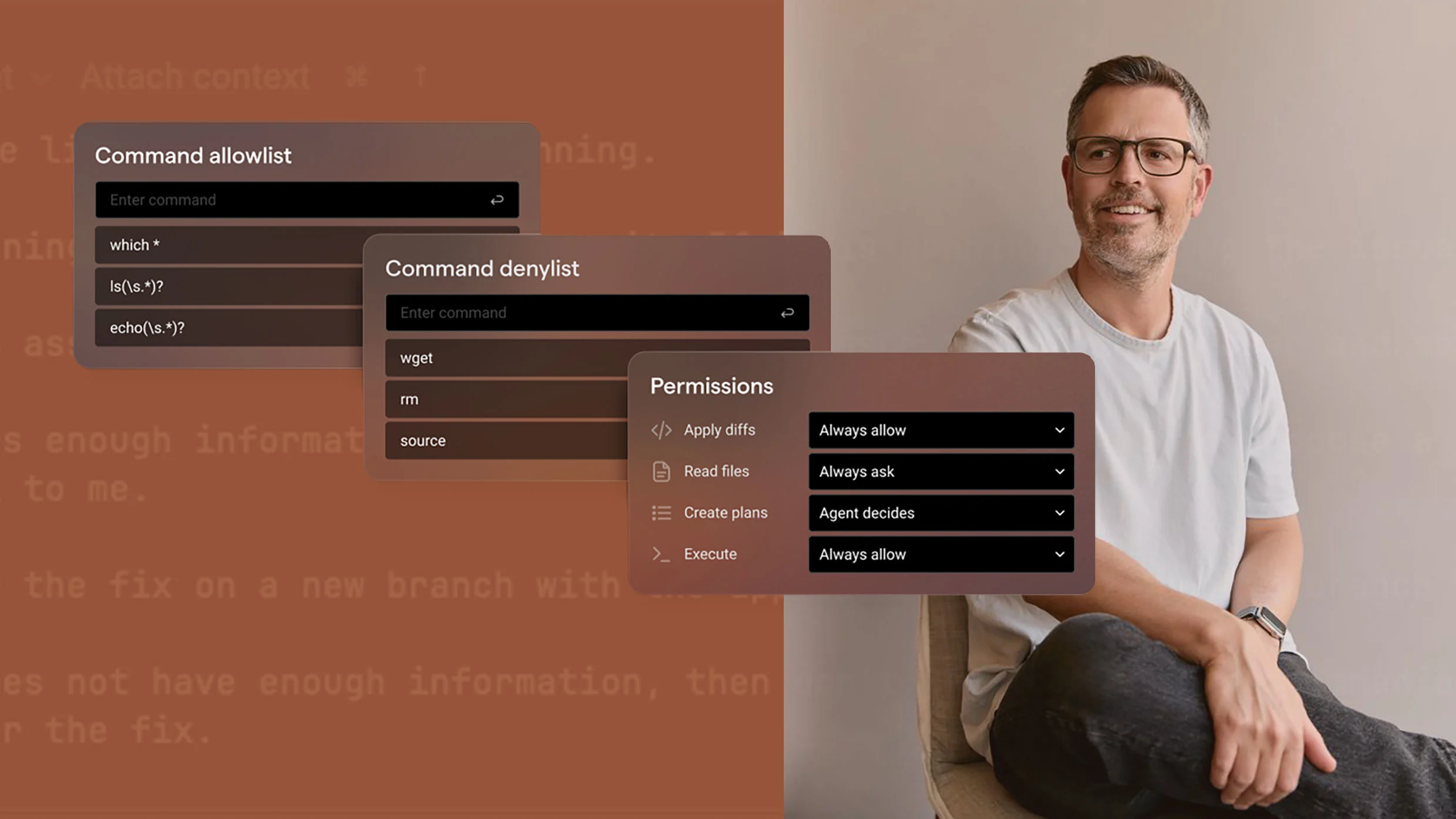Fake Job Applicants Born from AI Scams
In a technological twist of irony, artificial intelligence is being manipulated by scammers to forge identities and pass off as plausible job applicants for remote positions. Research delineates the unsettling rise of cyber perpetrators using AI innovations to fabricate appearances and concoct profiles, enhancing deceitful entry into workplaces.
AI in Deceptive Hands
Scammers wield AI to metamorphose their personas, venturing beyond just photo retouching. With AI, they generate compelling resumes, immaculate professional headshots, and even curate LinkedIn profiles, thereby polishing a façade of an ideal candidate. Alarmingly, once integrated into a company, such imposters could dismantle security by siphoning sensitive data or introducing malware.
The Scale of the Problem
While identity theft isn’t novel, AI’s involvement has aggravated the situation, offering fraudsters unprecedented scalability in their scams. Advisory firm Gartner projects a future where nearly 25% of job aspirants could be fabricated by 2028, painting an ominous picture for recruiters and personnel managers globally.
Spotting the Unseen
Dawid Moczadlo, co-founder of Vidoc Security, shared an anecdote of encountering an AI-generated job applicant, a recording of which gained traction on LinkedIn. Dismayed, Moczadlo realized that merely of a defensive security measure were obsolete. Suspecting AI trickery, he demanded the candidate place a hand over their face, expecting it to disrupt potentially unsophisticated AI filtration. The refusal to comply led to terminating the interview.
Vidoc had already adjusted its hiring operations after this event, resorting to day-long, in-person interviews. The company sponsors travel and accommodation, valuing the expense for security assurance.
A Broader Deception Net
This isn’t isolated to just Vidoc. U.S. Justice Department has detected networks, particularly involving North Korean operatives using AI-crafted identities for securing U.S. tech positions. These operations funnel American currency into North Korean militarized initiatives, notably defense and missiles.
Vidoc’s incidents reflect patterns akin to these North Korean networks, though their case is presently under scrutiny. Moczadlo believes without security expertise, discerning such fraud can be strenuous for non-specialized recruiters.
Guiding HR Against Fraud
Prompted by such revelations, Vidoc’s founders are crafting guides to aid HR in detecting deceit in applicants. CBS News Confirmed recommends these methodological checks to validate authenticity:
- LinkedIn Profile Scrutiny: Examine creation dates and verify potential connections.
- Cultural Interrogation: Inquire about genuinely local trivia based on claimed backgrounds.
- Encouraging Face-to-Face: Despite tech evolution, personal meetings unequivocally affirm identity.
An Informed Public
This influx of AI-assisted scams surges across sectors, with reports revealing consistent growth somewhere.
Further Resources
For continued updates on developments in AI and cybersecurity, consider following aitechtrend.com.
Note: This article is inspired by content from CBS News. It has been rephrased for originality. Images are credited to the original source.








